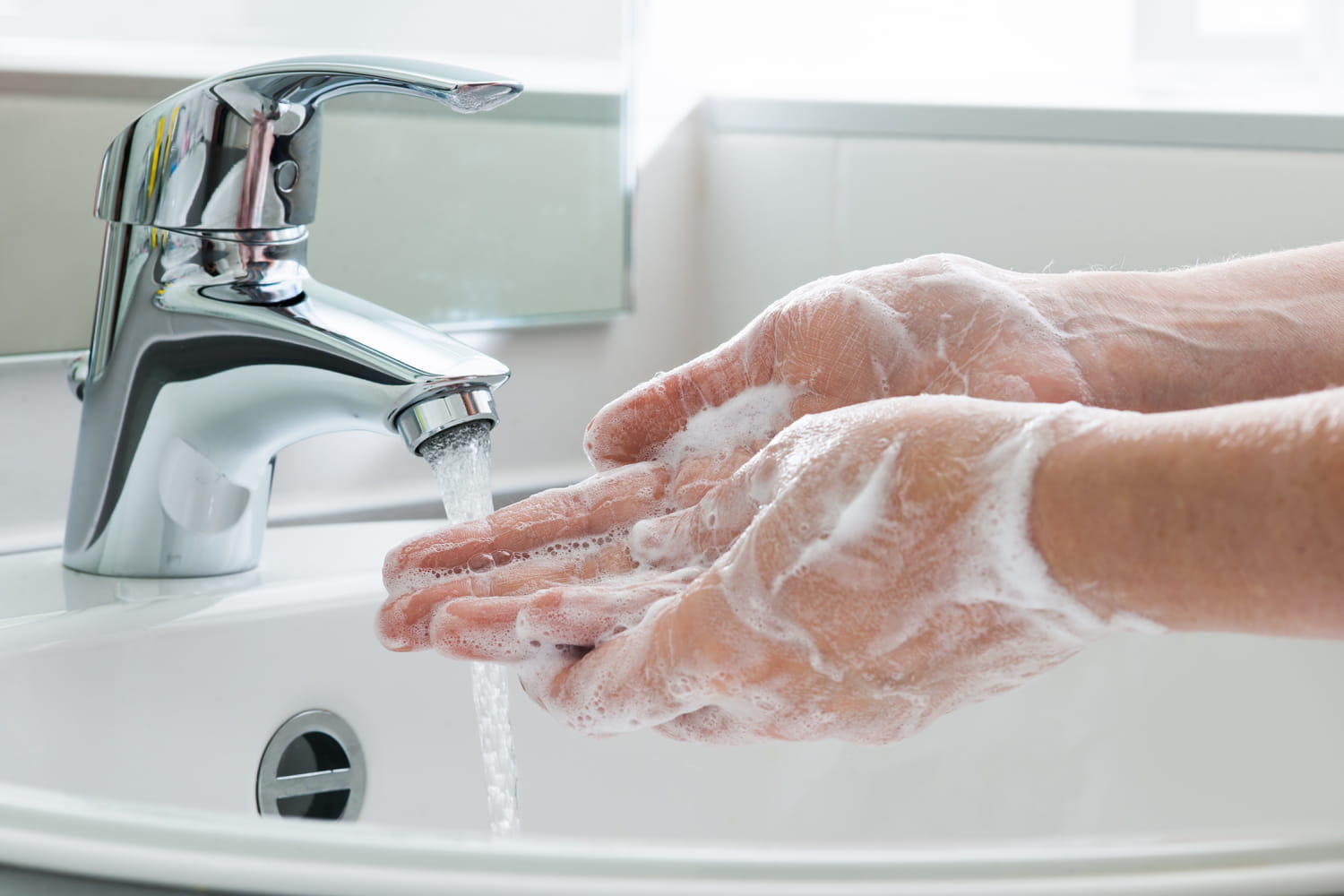“I would like to but I can’t!”. Thus we can summarize the attitude of co-owners facing the work of energy renovationaccording to the barometer published by Hellio this Wednesday, November 5. Of the approximately 700 co-owners surveyed by this company specializing in energy efficiency, almost all (96%) know like the back of their hand the timetable for banning the rental of properties. thermal strainerswhich affects housing rated G on the energy performance diagnosis (DPE) since January 1, 2025 and will extend to those rated F in 2028 then to properties rated E in 2034. It is difficult to be more concrete for co-owners and lessors: if they do not renovate their energy sieves, they will no longer be able to rent them out!
However, two thirds of those questioned do not plan to invest more than 5,000 euros, maximumin energy renovation work over the next five years… In detail, 35.5% of respondents are willing to spend between 1,000 and 5,000 euros and 31% cannot spend more than 1,000 euros. At the other end of the spectrum, less than 15% plan to spend more than 10,000 euros. But it is necessary to count more than 1,000 euros per square meter to carry a G rating to the E label the energy renovation of an apartment is often accompanied by bringing the electricity up to standard and renovating the bathroom!
“Airbnb” rental: this co-owner is ordered to pay 12,500 euros for neighborhood disturbances
Fewer and fewer aids for energy renovation
“The investment capacity of households in energy renovation is in sharp decline”notes Louis-Marie Gillier, sales manager for collective housing at Hellio, recalling that almost half of them were still inclined to invest between 1,000 and 5,000 euros in 2023, the date of publication of the company’s previous barometer. It was only two years ago but, at the time, “Emmanuel Macron had just been re-elected President of the Republic, there was more political stability than today and many more subsidies for energy renovation, while national and local aid is less and less numerousToday”he explains.
In fact, the main public aid for the energy renovation of housing, MaPrimeRénov’, was suspended for large-scale renovations from June 23 to September 30, due to an overflow of requests and cases of fraud. And the counter reopened with toughened eligibility conditions. Nearly half of the co-owners questioned criticize energy renovation aid for being “too unstable». “They are afraid that the aid will stop, so they are hesitant to get involved”analyzes Louis-Marie Gillier. Denis Jacques, president of the National Union of Real Estate Owners (Unpi) in Gironde, goes further: “Aid has been so considerably reduced that it is perhaps not worth starting to put together a financing application file which will not be successful!”.









